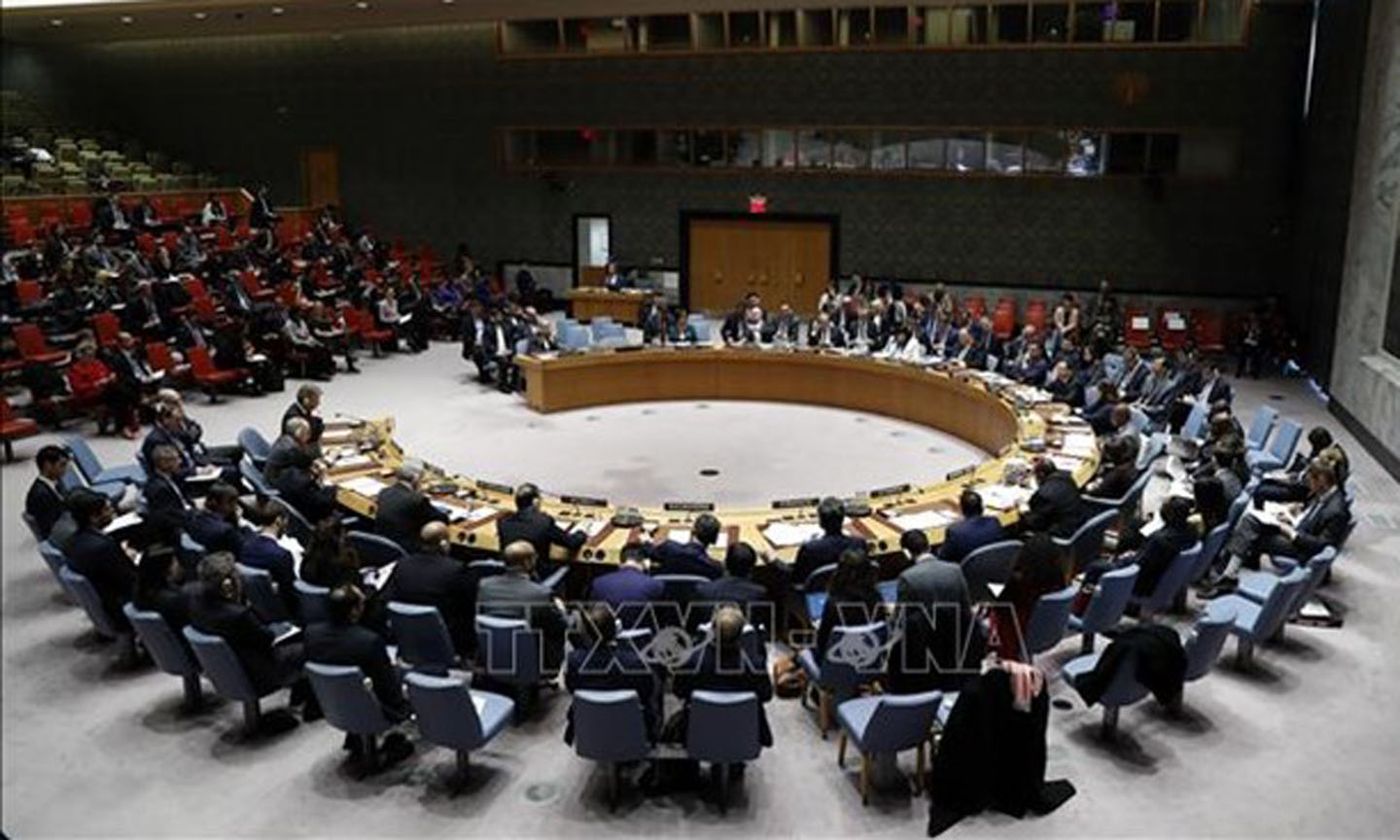Vietnam well prepared for non-permanent seat at UNSC: Indonesian ambassador
ABO/VNA - Indonesian Permanent Representative to the United Nations (UN), Ambassador Dian Triansyah Djani has spoken highly of Vietnam’s preparation to run for a non-permanent seat at the UN Security Council (UNSC).
 |
| A session of the UN Security Council in New York (Source: VNA) |
During an interview granted to correspondents of the Vietnam News Agency, the diplomat also shared his country’s experience in undertaking the role as the non-permanent member of the UNSC, and pointed to challenges that will face Vietnam in the work.
A session of the UN General Assembly will hold a vote on June 7 for five non-permanent member positions of the UNSC, including one for the group of Asian-Pacific nations - which Vietnam is representing.
Dian said Vietnam has well prepared in recent months, predicting that the country will not face any problem in the upcoming vote.
Member states of the Association of Southeast Asian Nations (ASEAN) have also greatly supported Vietnam because the bloc also wants its member countries to be present in the council.
If Vietnam wins the election, it will have only six months to get a thorough grasp of procedures and regulations of the council in order to well assume its position in the next two years, he said, stressing that careful preparation for this is very important and necessary.
He expressed his belief that if Vietnam is elected, it would do well its responsibilities at the UN Security Council.
The diplomat emphasized that Vietnam will contribute greatly to the council because it is very reliable, and works on principles.
Vietnam has sent personnel to UN peacekeeping forces and there are many other areas in which the country can contribute when becoming a non-permanent member of the Security Council, he noted.
As Indonesia was the rotary president of the UN Security Council in May, the ambassador also shared experiences in coordinating cooperation with other members of the council which have different viewpoints, especially the five permanent members, to maintain unity within the organisation.
(Source: VNA)
 về đầu trang
về đầu trang







